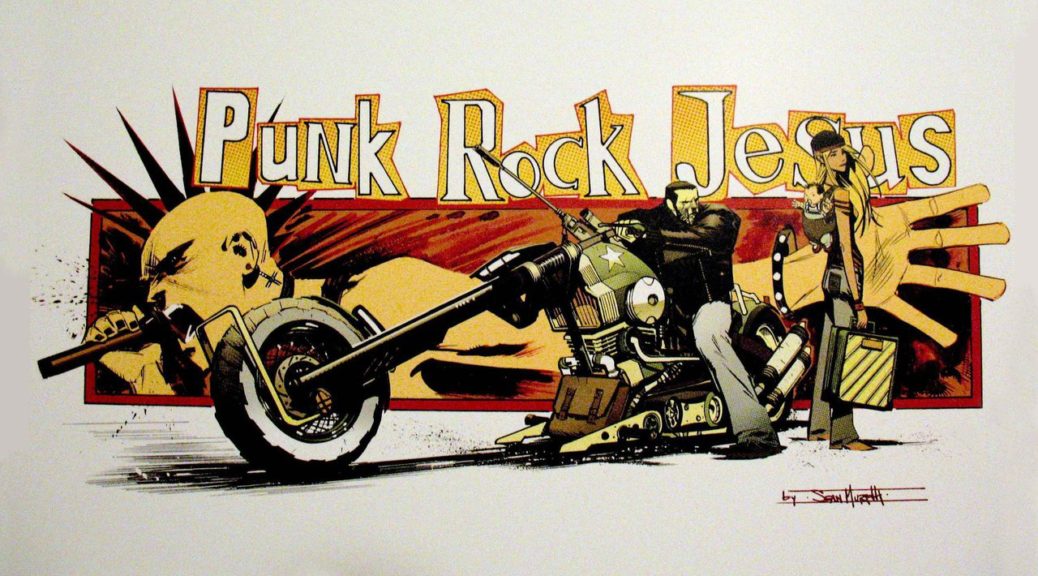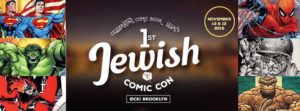 This Fall, Palgrave Pivot is releasing Re-Constructing the Man of Steel: Superman 1938–1941, Jewish American History, and the Invention of the Jewish–Comics Connection by S&S’s own Martin Lund. The super-sized title only hints at the herculean task Lund has taken on: To objectively explore the Judaic origins to the Last Son of Krypton’s publications, too often a site of distortion an mythicism. Rather than discard Superman’s Jewishness wholly, Lund “offers a new understanding of the Superman created by Jerry Siegel and Joe Shuster in the mid-1930s, presenting him as an authentically Jewish American character in his own time, for good and ill.”
This Fall, Palgrave Pivot is releasing Re-Constructing the Man of Steel: Superman 1938–1941, Jewish American History, and the Invention of the Jewish–Comics Connection by S&S’s own Martin Lund. The super-sized title only hints at the herculean task Lund has taken on: To objectively explore the Judaic origins to the Last Son of Krypton’s publications, too often a site of distortion an mythicism. Rather than discard Superman’s Jewishness wholly, Lund “offers a new understanding of the Superman created by Jerry Siegel and Joe Shuster in the mid-1930s, presenting him as an authentically Jewish American character in his own time, for good and ill.”
The book is due out this October and is available now for preorder. It is the second title in Palgrave Pivot’s “Contemporary Religion and Popular Culture” series.




